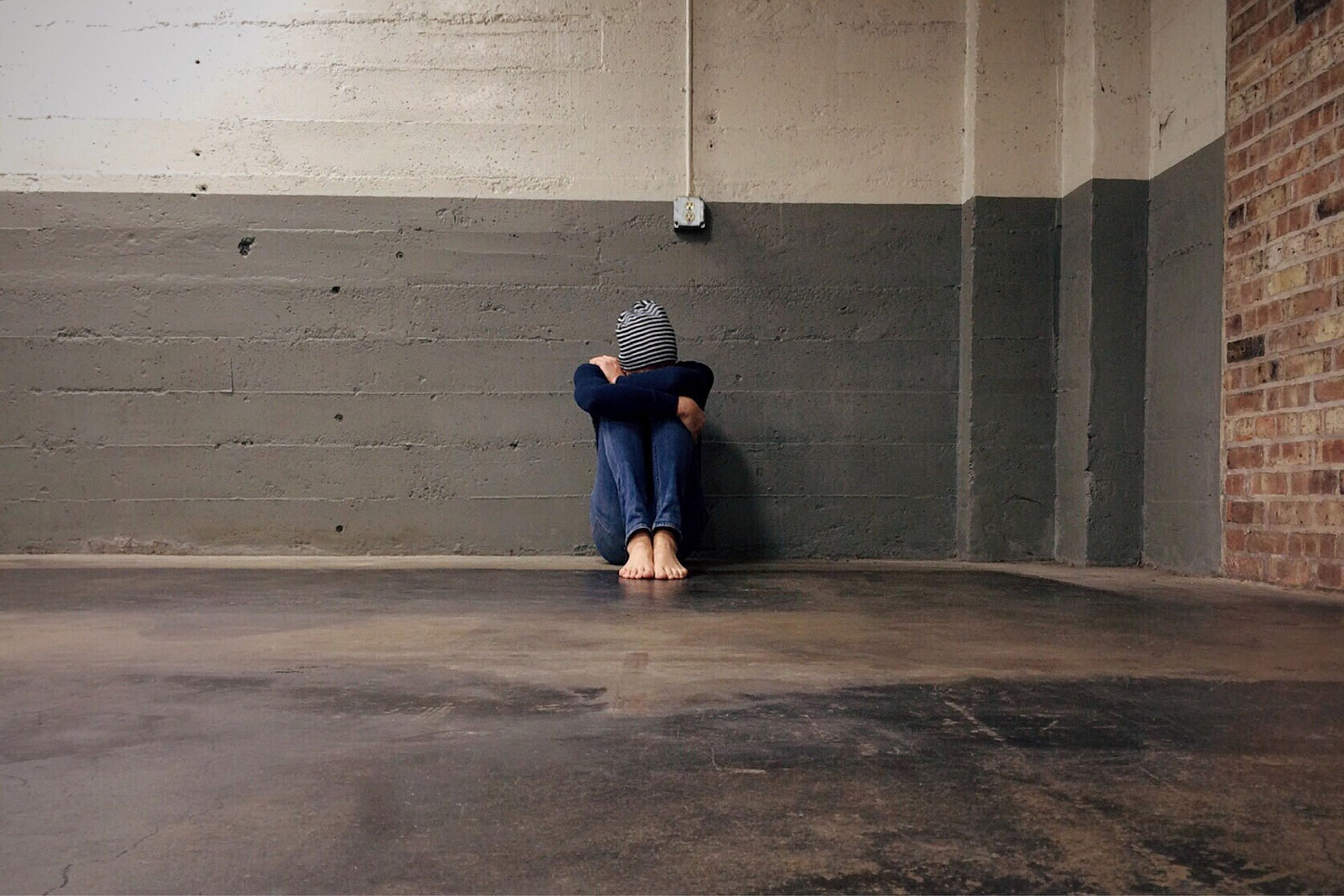Very little funded research has gone into studying the prevalence of avoidant personality disorder (AVPD) in the US, although the few studies done on it by universities offering psychology courses reveal that it affects roughly 1.5% to 2.5% of the population and perhaps even more. The study found that women tend to be at higher risk of the condition than men would be. The difficulty in finding a more accurate sampling is because most symptoms of personality disorders and addiction, which AVPD is categorized as tend to overlap with other types of the same personality disorder cluster. Those that are familiar with the condition are also looking into the prevalence of avoidant personality disorder vs social anxiety.
What is Avoidant Personality Disorder?
Jump to Section
An avoidant personality disorder is categorized as Cluster C personality disorder. This condition is characterized by excessive anxiety when exposed to social situations. The feelings of anxiety could also be accompanied by severe inhibition, fear of intimacy, severe feelings of inadequacy, persistent feelings of inferiority, and a tendency to stick to self-imposed social isolation. This preference for isolation, however, is diagnosed as a maladaptive coping method, as it does nothing to solve the issue.
People who suffer from AVPD will typically display a pattern of extreme sensitivity to negative evaluation and rejection, although they already evaluate themselves as such. They also tend to believe that they are socially inept and utterly unappealing to others. In the few studies done on it, what was found is that people with AVPD often avoid social interaction for fear of being ridiculed, humiliated, rejected, or disliked. Some mitigate this by only becoming involved with others they are certain will not reject them. In most cases, however, they will typically pre-emptively abandon relationships due to a real or imagined fear that they will eventually be rejected.
The traits of people who suffer from AVPD are far more than just simply being shy or socially awkward. People with AVPD will do anything to avoid being put in a social situation where there is the likelihood of them being rejected (as they perceive it) or being ridiculed, even to the point of endangering themselves in some way, such as at work. Our DBT residential treatment centers can help treat this mental disorder by boosting patients’ self-confidence and helping them manage their day-to-day struggles.
What Causes Avoidant Personality Disorder?
There is not enough focused research being done solely on AVPD to conclusively point out an accurate cause. For the most part, mental health professionals are looking at the possibility that the lingering effects of some form of early childhood trauma or neglect might be linked to the development of AVPD in people. The links to trauma are being looked at due to the possibility that the child may have been seeking care or succor at some point and only got a harsh reaction instead of the support they were expecting. Such a traumatic experience may have affected their emotional and mental health toward the concept of being with others.
Other studies are pointing to the possibility that an inherent dysfunction with self-perception might be influencing people to see themselves as being unlikeable or even hideous in the sight of others. This dysfunction could be attributed to the person experiencing some form of disease or accident that caused a significant change in appearance, and the person is merely projecting their own self-loathing as a possible reaction by others to their appearance.
There is also a theory that the environment that a child was exposed to could have affected behavioral development to the point where the child believed it is far better to not associate or socialize with others. This line of thinking, however, would also largely point to past trauma as being the primary reason, with the environment being secondary as the source of the trauma.
What is Social Anxiety Disorder?

Social anxiety disorder is a form of anxiety disorder where a person would feel great anxiety or fear in situations where they may be scrutinized, evaluated, or judged by others. Situations such as public speaking, meeting new people, dating, going to a job interview, answering a question in class, or having to talk to someone unfamiliar. The fear that grips people with a social anxiety disorder could be so intense that they feel no control over what happens next. This disorder also extends to people who do not experience intense anxiety when social interaction is involved but are visibly affected when they have to perform in a public setting. This can be such as in sports competitions, onstage appearances, or giving a speech.
Social anxiety disorder is believed to start during the late childhood phase and may manifest as extreme shyness or disinclination towards social interactions. This is difficult to diagnose at such a phase as this is the general behavior of most youngsters during that age, as they slowly transition into prepubescence. If left untreated, a social anxiety disorder can last for many years, or even a lifetime. We here at Free by the Sea offer anxiety treatment in Washington state to help one suffering from an anxiety disorder.
Is Avoidant Personality Disorder the Same as Social Anxiety?
There was a time when researchers believed that avoidant personality disorder only occurred in conjunction with social anxiety disorder, or existed as a symptom of social anxiety. More recent studies, however, have shown that there is a significant percentage of people with AVPD that do not meet the criteria for social anxiety disorder.
In most cases, it is difficult to distinguish whether a person has a social anxiety disorder or avoidant personality disorder, as the signs and symptoms of both conditions are nearly identical. A stark difference that was noticed during research is that a person with AVPD will experience anxiety and avoidance in any setting, while a person with social anxiety may manifest specific fears unique to certain situations, such as public speaking or performing.
Another observation about AVPD is that people afflicted with it may have co-occurring conditions including depression, obsessive-compulsive disorder, or other forms of personality disorders. What is alarming about the condition is that people with AVPD are apparently at increased risk of developing destructive behavior such as substance abuse or even suicidal ideation. Our rehab center for substance abuse can help individuals who suffer from addiction and mental health problems.
What are the Symptoms of Avoidant Personality Disorder?
The most prominent trait of people with this disorder is a seemingly all-consuming need for isolation. This is mostly due to the fear of rejection and a skewed sense of self-perception that makes them think people will think they are as hideous or undesirable as they think they are. The pattern of behavior in people with this disorder could be anywhere from mild to extreme. Other common traits that come with this disorder include:
- Overly sensitive and easily hurt by criticism or disapproval
- Inability to create any kind of new relationship unless certain of being liked
- Extreme anxiety in the form of severe nervousness
- Intense fear in social settings
- Willful avoidance of activities that involve being with others
- Intense shyness
- Persistent feelings of awkwardness in social situations
- Being extremely self-conscious in social situations
- Intense fear of doing something wrong or being embarrassed
- Tendency to exaggerate potential problems
- Dislike trying anything new or taking chances
- Severely poor self-image
- Constant feelings of being inadequate and inferiority
Are There Variants to an Avoidant Personality Disorder?
The mixture of symptoms that tend to overlap with other disorders could make diagnosing what type of personality disorder a person has. To this end, American psychologist Theodore Millon cataloged the observable variations in symptoms and classified them into subtypes of AVPD. These include:
Phobic Avoidant
People with this AVPD subtype exhibit personality traits showing a general apprehensiveness displaced with avoidable tangible precipitant. In most cases, their avoidance is triggered by specific objects or circumstances that they find to be repugnant or dreadful.
Conflicted Avoidant
This subtype manifests as internal discord and dissension coupled with a consuming fear of becoming dependent on anyone or anything. Other traits include being severely unsettled with themselves, often limited by severe self-doubt, leaving them constantly hesitating, confused, tormented, paroxysms, and bitter. This subtype also comes with unresolvable angst.
Hypersensitive Avoidant
This subtype is mostly seen in people who simply could not take any kind of criticism or anything that even remotely resembles criticism. People with this subtype are intensely wary and suspicious most of the time. They alternately suffer from chronic bouts of panic, and unjustified terror, often leaving them edgy and highly strung.
Self-Deserting Avoidant
People with this subtype generally appear to be constantly depressed. They appear to have impaired self-awareness, although it is not known if this is consciously brought about or unconsciously. People with this subtype have a preference for discarding painful memories as they are unable to deal with them. This subtype is also the one closest to having suicidal tendencies.
Cold Avoidant
People with this type have often been described as having sociopathic tendencies, mainly because of their inability to feel and express any positive emotion towards others.
Exploitable Avoidant
This subtype is characterized by an inability to express anger towards others and a failure to resist coercion, making them appear to be utterly submissive to the will of others. People afflicted with this subtype are often described as having masochistic tendencies.
Let Free By The Sea Help You in Finding the Best Personality Disorder Treatment

Personality disorders are often difficult to treat because they are difficult to assess. Most people with a personality disorder are often mistaken for people with a short fuse, suffering from a really bad day, or simply having a preference to be left alone. We here at Free By The Sea, however, know the difference. Personality disorders are very real issues that require immediate therapy at our addiction and mental treatment center in Washington as they could lead to other disorders that could be far worse. Contact us today.

Dr. Richard Crabbe joined our team in 2019 as our psychiatrist and medical director. He attended the University of Ghana Medical School where he became a Medical Doctor in 1977. From 1978 through 1984, he was a medical officer in the Ghana Navy and provided a variety of services from general medicine to surgeries. He received his Certificate in General Psychology from the American Board of Psychology and Neurology in 2002.

 March 6th, 2023
March 6th, 2023










